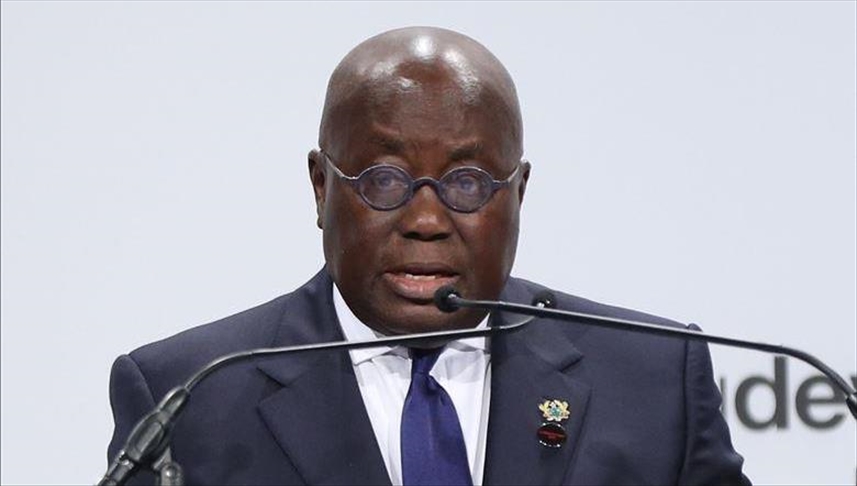ACCRA, Ghana – Ghana’s parliament has passed a controversial bill imposing severe penalties on LGBTQ+ identification and support activities.
The legislation, passed on Wednesday, February 28, 2024, receiving broad support across Ghana’s major political factions, introduces a prison sentence of up to three years for individuals convicted of identifying as LGBTQ+ and a maximum of five years for those found forming or funding LGBTQ+ groups.
Efforts to moderate the bill’s punitive measures, including proposals to replace prison sentences with community service and counselling, were robustly opposed and ultimately defeated amidst vocal heckling from lawmakers.
This development underscores the conservative stance of the West African country on LGBTQ+ issues, despite international criticism and warnings about the bill’s impact on human rights.
The bill awaits the signature of President Nana Akufo-Addo to become law.
The Ghanaian president has previously indicated his willingness to endorse the legislation if it reflects the will of the Ghanaian populace.
This stance comes in a country where gay sex is already criminalized, carrying a three-year prison sentence.
International human rights organization Amnesty International last month cautioned that the bill “poses significant threats to the fundamental rights and freedoms” of LGBTQ+ individuals in Ghana.
Activists within the country fear the legislation will lead to increased persecution and force many in the LGBTQ+ community into hiding.
Winnie Byanyima, head of the UN agency combatting AIDS, expressed grave concerns about the bill’s potential to fuel discrimination, violence, and hinder access to essential health services. Byanyima warned of the detrimental effects on Ghana’s societal cohesion and development achievements.
Notably, the bill also targets advocacy for LGBTQ+ rights, proposing up to ten years in prison for individuals involved in promoting LGBTQ+ campaigns directed at children. It further encourages public reporting of LGBTQ+ individuals for “necessary action” by authorities.
The legislative push follows the public outcry and subsequent closure of Ghana’s first LGBTQ+ community center in Accra in early 2021, a move supported by significant religious and traditional entities in Ghana.
The Christian Council of Ghana and the Ghana Pentecostal and Charismatic Council, in a joint statement, declared LGBTQ+ identities as contrary to Ghanaian cultural and familial values.
The approved version of the bill is somewhat less severe than its initial draft, with reduced jail terms and the omission of a clause on conversion therapy.
However, the parliamentary debate, which included a proposition by Deputy Parliamentary Leader Alexander Afenyo-Markin for a secret ballot on alternative sentencing options, highlighted the deep divisions and strong sentiments within the legislature, ultimately favoring imprisonment over rehabilitation measures.







